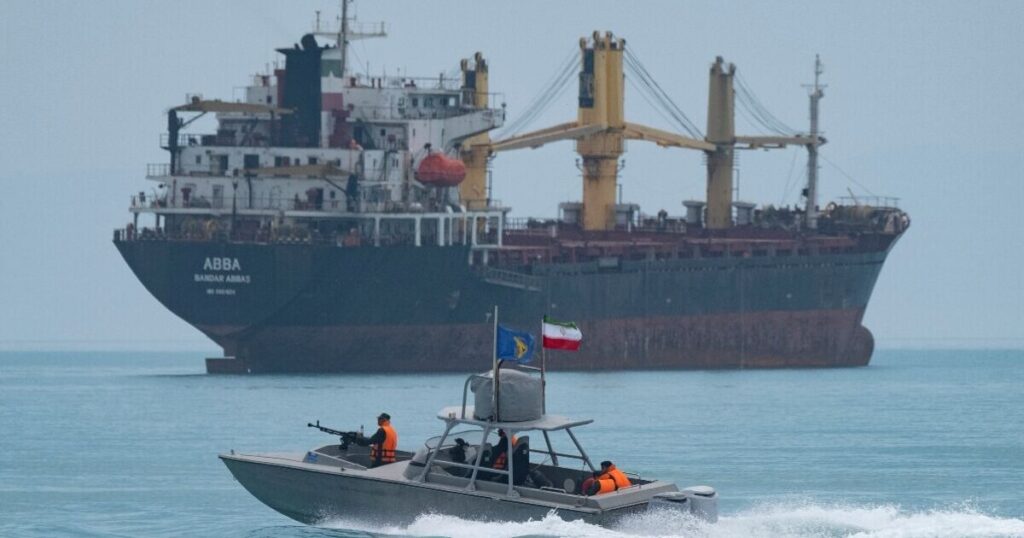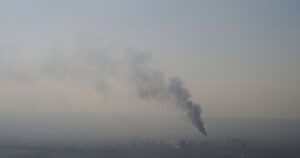Panic in Europe as major shipping route could be blocked by Iran | World | News

The possible blocking of a major shipping route by Iran in retaliation over US strikes has sparked panic in Europe. In the wake of the US attacks on nuclear sites in the Islamic Republic, calls have come from across the globe for de-escalation and a return to diplomacy to try and resolve the conflict.
The European Union’s top diplomat said on Monday (June 23) that the bloc is “very much focused” on a diplomatic solution. Kaja Kallas said at the start of a meeting between foreign ministers in Brussels: “The concerns of retaliation and this war escalating are huge.”
She continued: “Especially closing of the Strait of Hormuz by Iran is something that would be extremely dangerous and not good for anybody.”
After US President Donald Trump revealed the United States had attacked Iran, officials from the Islamic Republic repeated a threat to close the maritime shipping lane.
Revolutionary Guard commander Sardar Esmail Kowsari told Iranian media that closing the Strait “is under consideration” and Iran “will make the best decision with determination”.
He added: “Our hands are wide open when it comes to punishing the enemy, and the military response was only part of our overall response.”
Iran could target pipelines, oil platforms and shipping in the Strait with missiles and unmanned drones, such as its Shaheds.
Tehran might also send warships to block passage through the Strait, which lies between the Persian Gulf and Gulf of Oman.
Parliamentarians in Iran have already voted to shut the key channel, raising fears there could be a spike in oil prices and trigger a global recession.
A fifth of the world’s oil flows through the Strait of Hormuz. JP Morgan forecast previously that the oil price could rocket to $130 if a protracted conflict in the Middle East closed the Strait.
An oil price shock would mean motorists would pay more at the pumps and send the cost of transporting goods upwards, stoking inflation.
Countries which rely on Middle East oil could face energy shortages, while a blockade may also trigger confrontation between Iran and the West.
Supply chains could also be affected given so much global shipping passes through the Strait, carrying cargo including raw materials, consumer goods and electronics.
Britain’s Foreign Secretary David Lammy said he had told Iran it would be a “mistake” to blockade the Strait, urging Iran to take the “off-ramp” and engage in diplomacy. Prime Minister Sir Keir Starmer warned on Sunday that there is a risk of the crisis escalating beyond the Middle East. He said: “That’s why all our focus has been on de-escalating.”
However, Dr Eric Golson, Associate Professor of Economics at the University of Surrey, said news surrounding the closing of the Strait of Hormuz is “overbaked” for the global economy.
He said: “At the moment, it is unclear whether the Iranians can directly close the Strait. Even if they tried, their forces would be challenged quickly. Markets are assigning very low odds of this happening.
“Economically, if Hormuz were to close in the short run, there is currently such a global oversupply of oil, outside of Hormuz, that it is unlikely we would see record prices. The disruption would likely be very minimal.”


